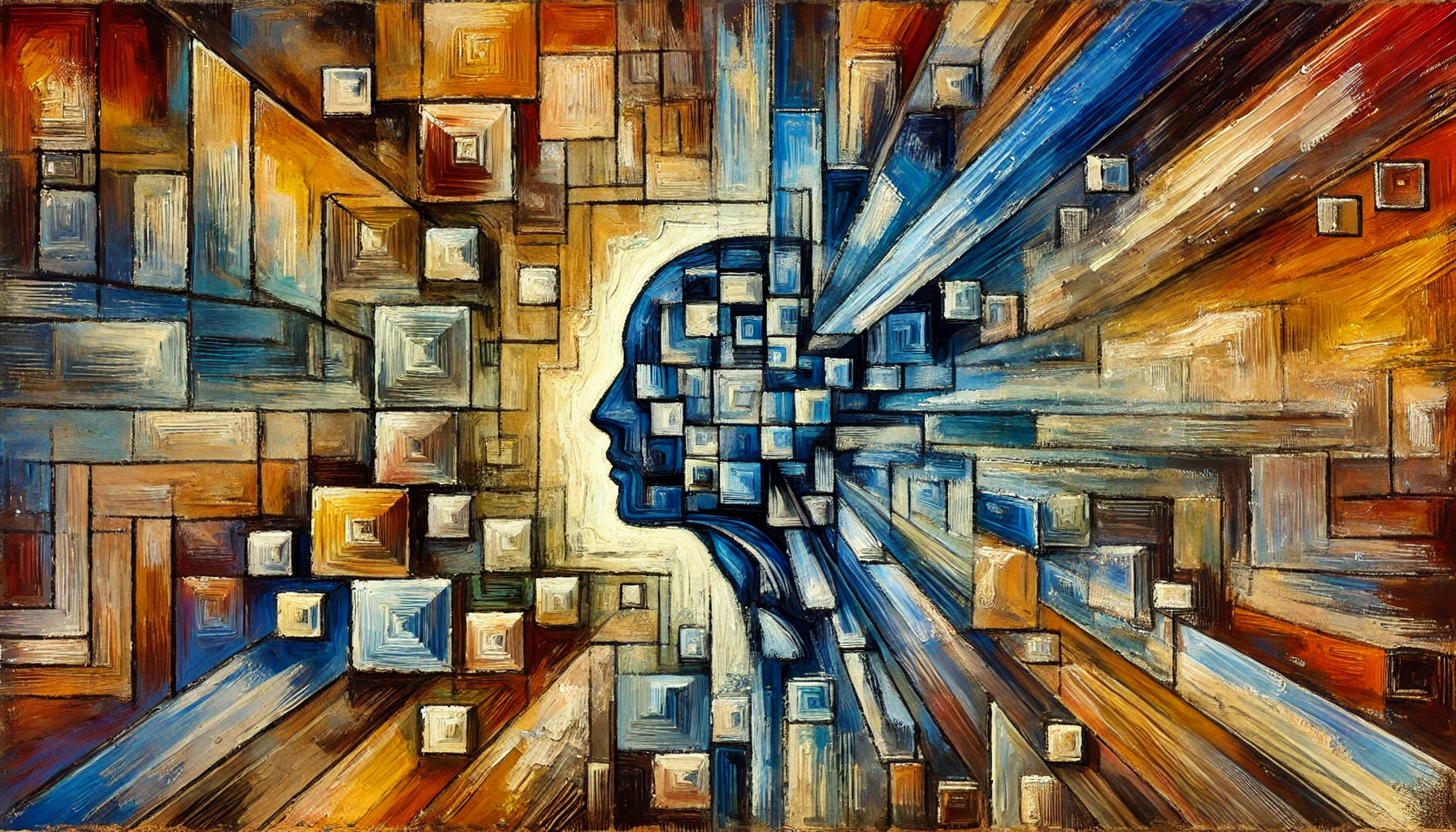The Psychology of Note-Taking: Why Writing Things Down Actually Works
Explore the science behind why taking notes improves memory, reduces stress, and helps you manage time more effectively.

Ever wonder why writing things down feels so satisfying? There's actual science behind why note-taking improves your memory, reduces stress, and helps you manage time better. Let's explore the psychology of note-taking and how it can transform your productivity.
The Science of Writing Things Down
Our brains process information differently when we write it down versus simply thinking about it. Research shows that:
- Writing activates multiple brain regions simultaneously, strengthening memory formation
- The physical act of writing engages motor memory, creating stronger neural pathways
- External storage reduces cognitive load, freeing up mental resources for creative thinking
This is why a well-organized note system isn't just about storage—it's about enhancing how your brain works.
The "Generation Effect" in Note-Taking
When you write something down, you're not just copying information—you're generating it. This "generation effect" means:
- You remember self-generated content better than passive observations
- The act of reformulating thoughts into written words deepens understanding
- Personal notes create stronger memory traces than reading or listening alone
Why Digital Notes Change Everything
While paper notes have their place, digital note-taking introduces new psychological benefits:
- Reduced Decision Fatigue
- No need to decide where to file things
- Quick search eliminates organization stress
- Automatic organization preserves mental energy
- Enhanced Time Perception
- Digital timestamps create better time awareness
- Calendar integration helps match notes to events
- Historical context becomes instantly accessible
- Lower Cognitive Load
- No worry about losing important information
- Easy retrieval reduces memory strain
- Quick capture means fewer missed details
The Calendar-Notes Connection
When your notes work with your calendar, you create a powerful psychological framework:
- Context Switching Becomes Easier
- Meeting notes tied to events provide instant context
- Time-stamped thoughts create a natural narrative
- Past decisions become clearer with temporal context
- Future Planning Improves
- Writing plans activates implementation intentions
- Calendar-linked notes create accountability
- Visual scheduling reduces planning anxiety
Practical Applications
Here's how to leverage these psychological insights:
- Create a Weekly Brain Dump
- Schedule 15 minutes each week for unstructured writing
- Let thoughts flow without organizing them
- Review and categorize later when your mind is clear
- Use Time-Based Note Templates
- Morning pages for creative thinking
- Daily highlights for priority setting
- Evening reflection for processing
- Link Notes to Your Schedule
- Attach meeting notes directly to calendar events
- Create time blocks for review and organization
- Use temporal markers in your notes ("Before lunch meeting...")
The Role of AI in Modern Note-Taking
AI-assisted note-taking (like nocal's weekly note generation) adds another psychological dimension:
- Reduced Planning Stress
- AI can suggest organization patterns
- Automated summaries prevent information overload
- Smart categorization eliminates decision fatigue
- Enhanced Pattern Recognition
- AI helps spot trends in your notes and schedule
- Automated tagging creates useful connections
- Smart filtering reduces information anxiety
Making It Work For You
The best note-taking system is one that feels natural and reduces cognitive load rather than adding to it. Here's how to start:
- Start Small
- Begin with simple daily notes
- Add calendar integration gradually
- Let your system evolve naturally
- Focus on Capture Speed
- Remove barriers to quick note-taking
- Use tools that make writing effortless
- Don't worry about organization initially
- Review Regularly
- Schedule weekly note reviews
- Look for patterns and insights
- Adjust your system based on what you learn
Final Thoughts
Understanding the psychology behind note-taking isn't just academic—it's practical. When you know why writing things down works, you can create better systems for capturing, organizing, and using information.
The key is finding tools that work with your brain instead of against it. Whether that's a simple notes app or a more integrated solution like nocal, the right system should feel like an extension of your mind, not another task to manage.
Remember: the goal isn't to take more notes—it's to think better, reduce stress, and manage your time more effectively. Your notes should help you do that, not get in the way.